
How agile and adaptable are your team?
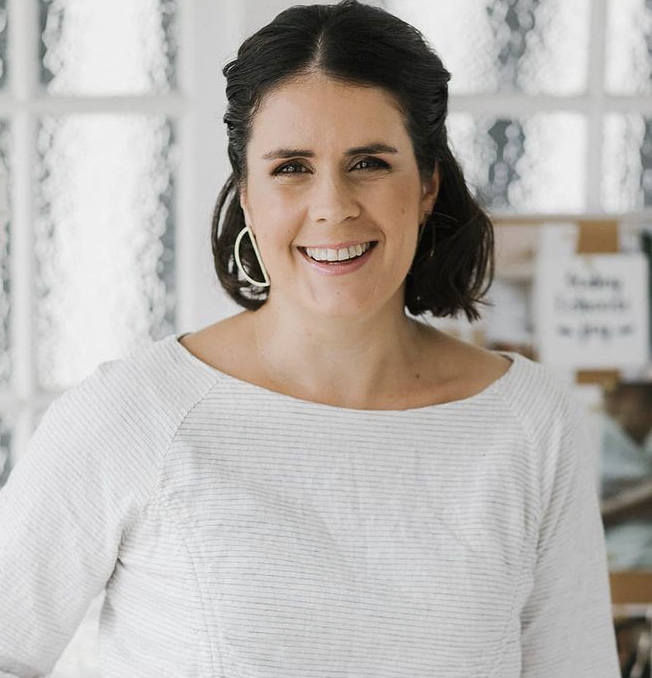
No longer limited to dev ops and project management teams, agile ways of working have now proven their worth across multiple industries. The past two years have shown the scale of benefits that agility and adaptability can bring to the workplace. However, the destabilizing nature of agile work environments can sometimes negatively affect employees’ mental health and wellbeing.
So, how can we maintain the positive aspects of agile environments into the future of work while minimizing the impact on employee stability and workplace mental health?
Smarter work design is essential to make a potentially disruptive work culture psychologically safer for staff.
Essentially, this includes planning to be able to throw your plan out the window.
Disruptive ability
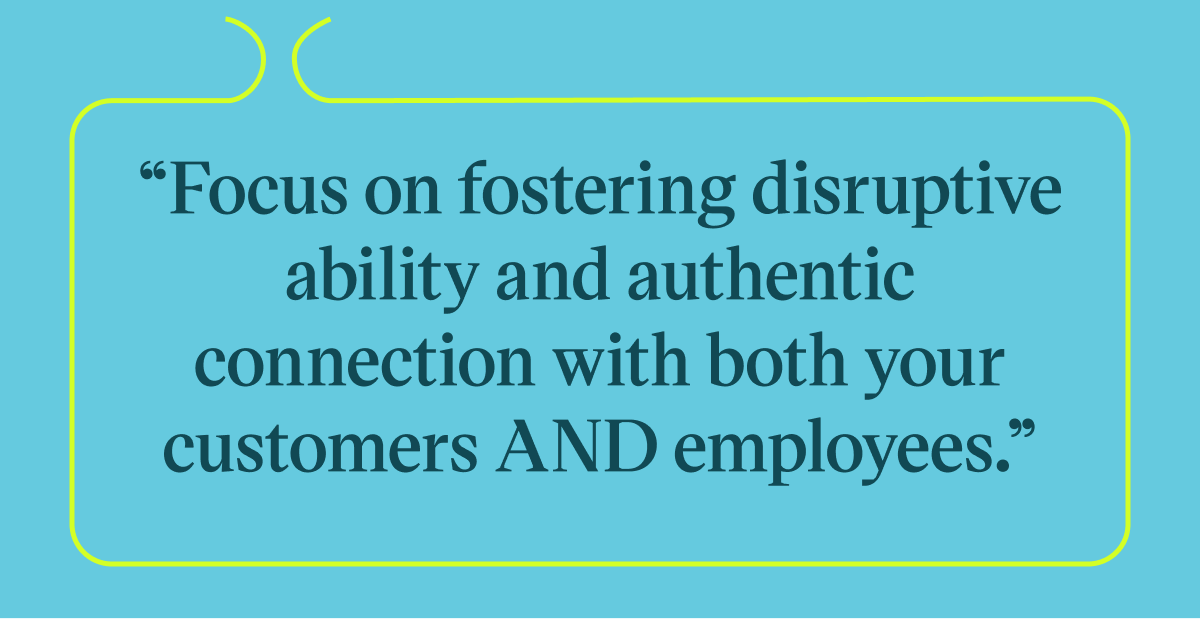
The modern working world, particularly in the technology and digital service industries, involves a relentless rate of change. While start-ups continue to prove their capacity to disrupt industries and norms with lightning speed and confidence, traditional organizations are often left slowly playing catch-up.
Maintaining a seat at the table requires a focus on fostering disruptive abilities and authentic connections with your customers and employees.
Disruptive ability is the capacity of a team or workplace to rapidly prioritize new focuses, shift activities, and turnaround solutions. This capacity is strengthened by a clear purpose, autonomy, and a culture of continuous learning.
Henna Inam, Forbes contributor and author of Wired for Disruption, notes that ‘as the future is unpredictable, we create the future by learning in the present moment.’
Mental fitness and organizational growth
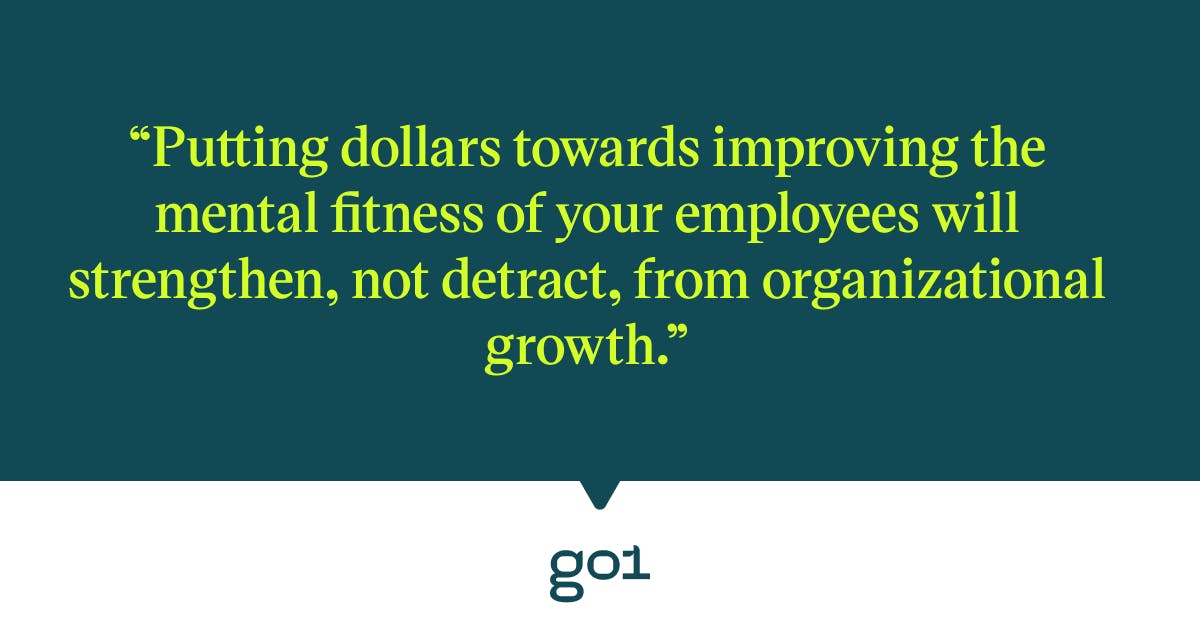
Research from a BetterUp leadership coaching program recently revealed a strong correlation between mental fitness improvements within management (lower stress, higher purpose, and higher resilience – each up by 25-30% on average) and attaining organizational growth goals.
Contrary to outdated notions, putting money towards improving the mental fitness of your employees will strengthen, not detract, from organizational growth.
As mentioned before, a culture of ‘continuous learning’ is crucial for agile teams in the future world of work. This involves providing sufficient and ongoing mental health and wellbeing education. The latest McKinsey Global Survey on reskilling found the proportion of companies addressing empathy and interpersonal skills doubled in 2020.
Between 71 and 90% of companies who have undertaken skill transformations say it had a positive impact on four company outcomes;
- The ability to realize company strategy
- Employee performance
- Employee satisfaction
- Reputation as an employer
Skill transformation strategies, particularly those addressing the wellbeing of employees, will not only impact growth but also positive employee engagement.
The agile team
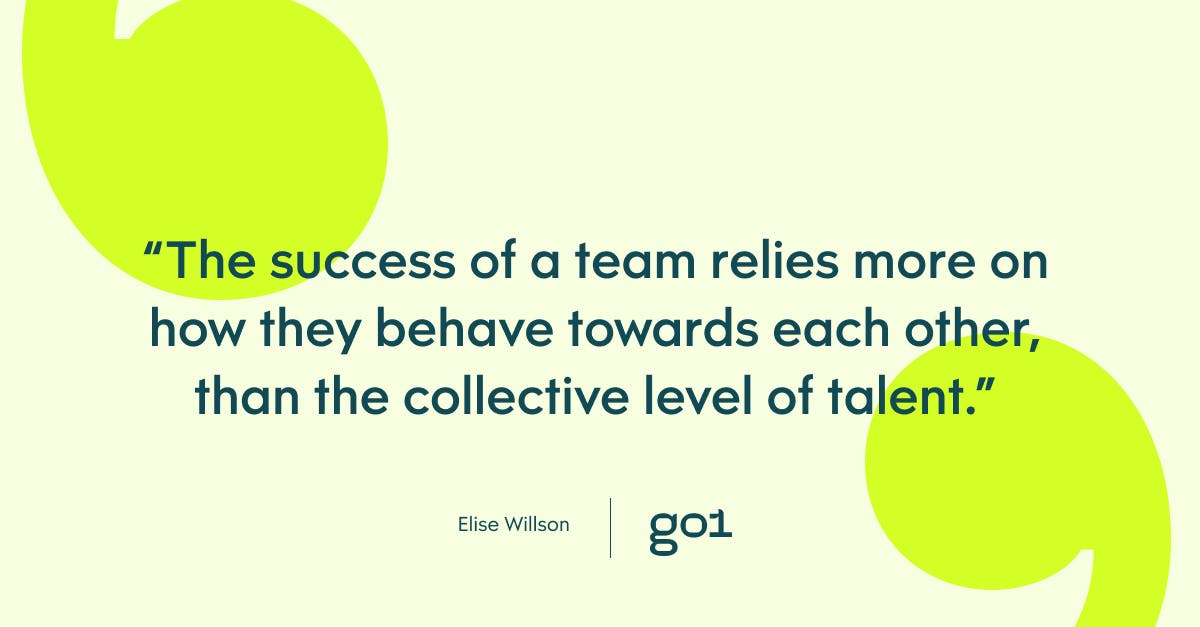
As highlighted in The Agile Leader (available through Blinkist on the Go1 Smarter Work Design learning playlist), the success of a team relies more on how they behave towards each other than the collective level of talent.
A team with high levels of trust is 9 times more agile than one without. This is understandable when you realise the high-trust environment that agility, and autonomous working, requires.
For a team to adapt or create rapidly, they need to lean heavily into autonomous decision making and trust in each other's capabilities.
The Humans at Work guide
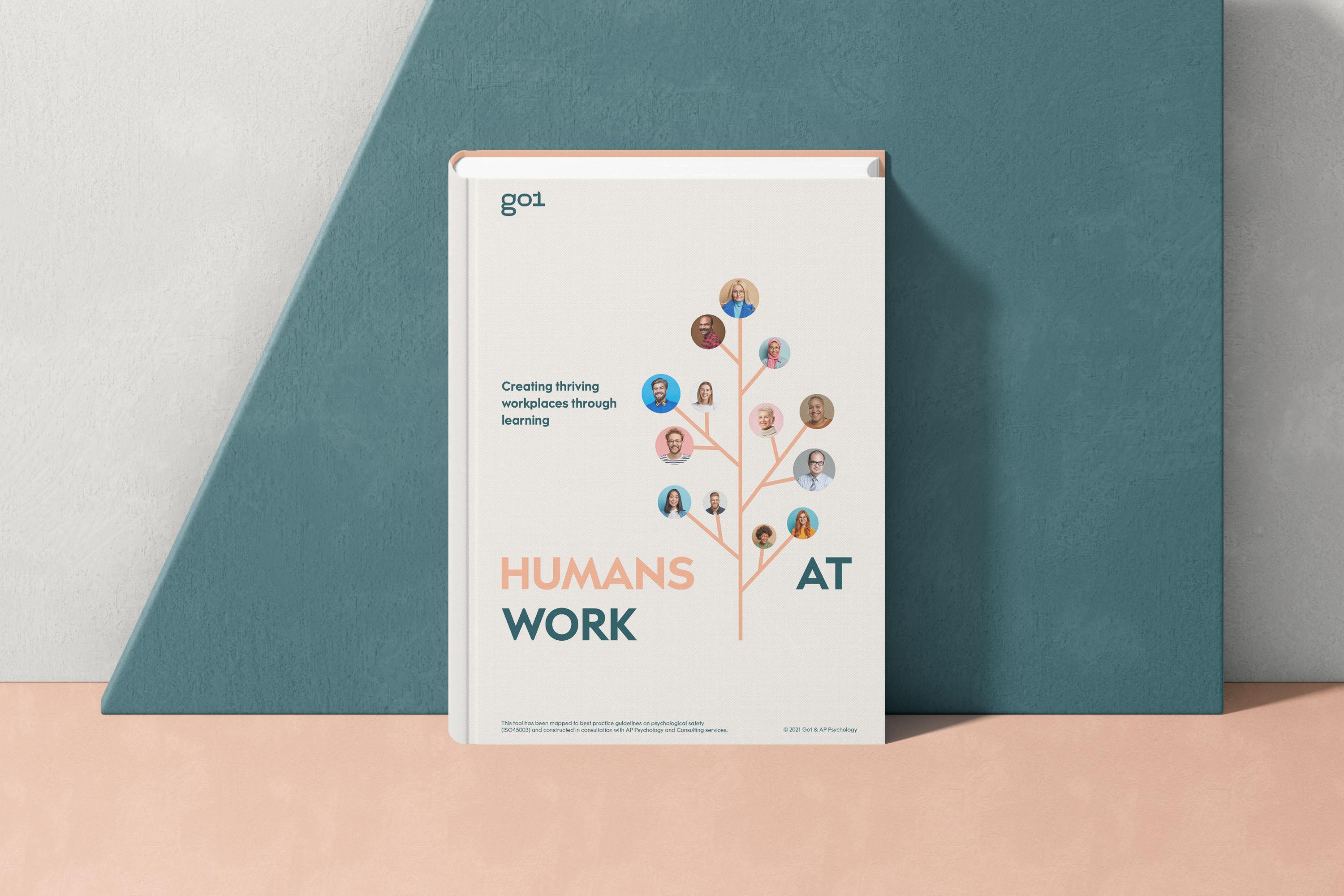
Leading and supporting teams in the future of work can feel overwhelming, particularly if you're unsure where to begin. To help navigate these waters, we have developed the Humans at Work guide in partnership with AP Psychology.
This auditing and planning tool will guide you in finding the right learning for your team, so they can turn up to work authentically themselves and thrive.
If you are a current Go1 customer, you can complete the guide in partnership with your CSM, and they will add a Humans at Work learning plan into your current learning structure.
If you are not currently a customer and are interested in elevating your workplace's mental health and wellbeing learning, we would love to help.
Download the Humans at Work guide now to start moving towards psychologically safer workplaces.




